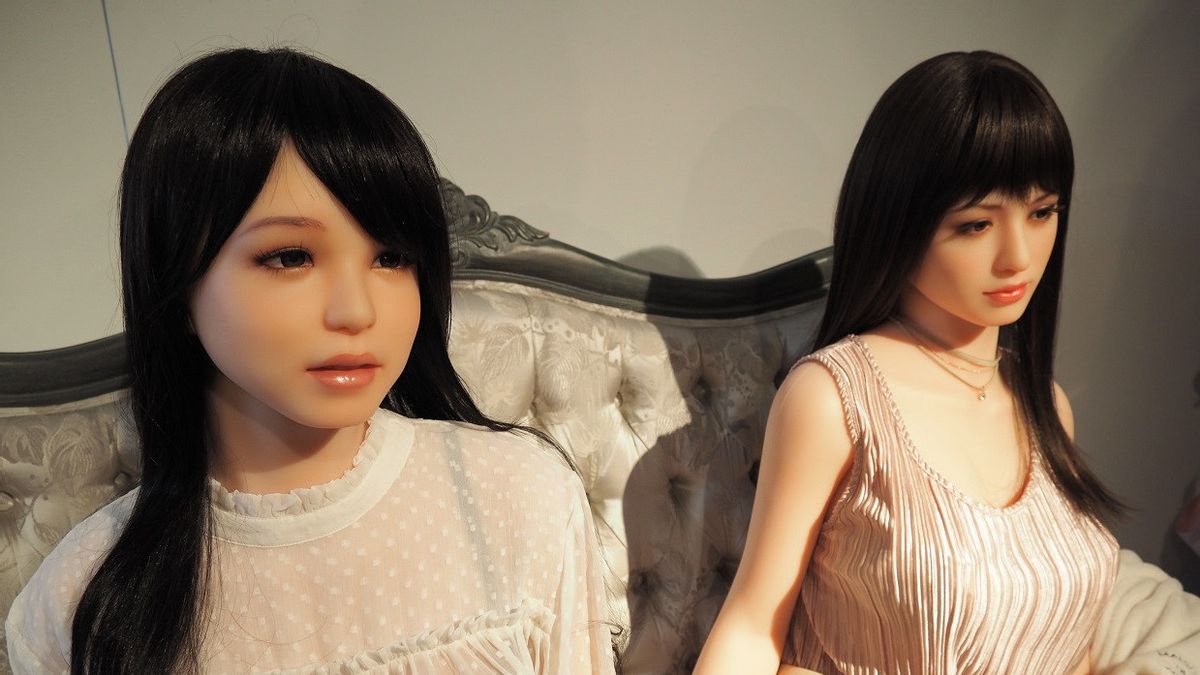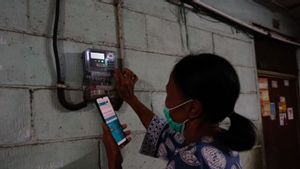JAKARTA - The opening of a shop featuring sex doll experiences recently near a school in South Korea has rekindled controversy and concerns among parents about the detrimental effects the facility has on their children.
While opponents call the facility a new form of sex trafficking, police and education officials struggle to crack down, due to a lack of applicable laws.
Police explained that shops or cafes that present sex doll experiences are categorized as free businesses, therefore they do not require approval from the local government regarding licensing. In addition, there are no specific standards to regulate new business related to sex dolls.
Last Friday, the police received reports that the sex doll experience had been opened in Seoul's Jongno District. The shop, which is located near two secondary schools, is heavily promoted online and offline as an 'adult content experience store'.
However, when police officers visited the premises, the shop owner said he was running a 'consulting firm' for those who wanted to run a business dealing with sex dolls, instead of a place where people could use sex dolls.
According to South Korea's Education Environmental Protection Act, facilities that can adversely affect students, such as adult entertainment venues, are prohibited from being within a 200-meter radius of schools.
However, police were unable to conclude whether the owner violated this law, due to a lack of evidence that people used sex dolls in shops for paying a certain amount of money. Having sex dolls in the shop itself is not a bad facility for students, they added.
"There is no legal basis for cracking down on sex doll experience facilities. We also do not have a department in charge of overseeing the facility," an official at the Jongno District Office said, according to the Korea Times, Monday, April 19.
Education officials say they are aware of parents' concerns. But on the other hand, they can only receive reports and there is no special method that limits the opening of sex doll experience facilities near schools, because they do not require special permission.
Similar controversy arose earlier in Yongin, Gyeonggi Province, after a resident posted a petition on the city's website April 10 calling for the closure of a sex doll experience cafe that will start a business the next day near primary and secondary schools in the area.
The cafe was finally closed just three days later amid strong protests from parents and residents.
"We have spoken with the cafe owner, and he agreed to close it down and remove the shop sign," said Mayor Yongin Baek Kun-ki in reply to the petition.
To note, the sex doll issue has become a hot topic in South Korea, along with the Supreme Court decision to allow the import of sex dolls into South Korea in June 2019.
At that time the court stated that the use of sex dolls was an area of individual privacy, so that the government should not interfere in this matter.
Meanwhile, opponents claim that the dolls are sexually objectifying women, which could lead to an increase in sexual crimes.
The English, Chinese, Japanese, Arabic, and French versions are automatically generated by the AI. So there may still be inaccuracies in translating, please always see Indonesian as our main language. (system supported by DigitalSiber.id)













